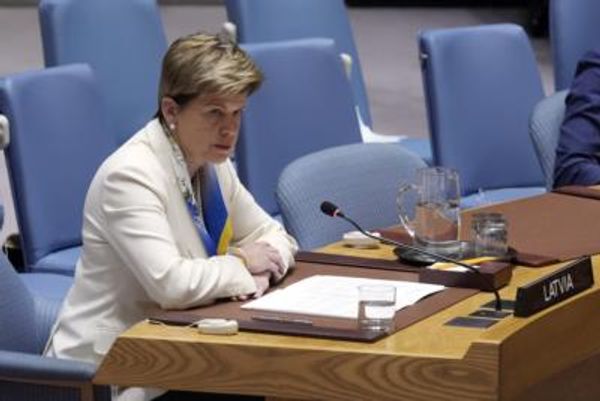
Queensland’s acting premier says the cabinet has expressed its unanimous support for Annastacia Palaszczuk amid concerns from MPs about rushed laws that legalise the detention of children in adult watch houses.
Cabinet met on Monday without the premier, who is on holiday in Italy.
The two-week vacation began at the end of a dramatic week in parliament that saw her government pilloried for suspending the Human Rights Act to legalise the practice of detaining children on remand in police custody.
The amendment was added to an unrelated bill, along with a swathe of other changes, thwarting opportunity for debate and consultation.
Amid reports about unhappiness within the government, the acting premier, Steven Miles, fronted a crowded Brisbane press pack on Monday to express his confidence in the premier.
While saying there had been “a wide range of submissions brought by a wide range of ministers” in cabinet, Miles said “all ministers wanted to express the strength of their support for Annastacia Palaszczuk”.
“We all support her because she is our best chance of winning [next year’s election],” Miles said.
Last week, several Labor MPs told Guardian Australia they had been “clearly misled” and “fed bullshit” by their own government about the urgent need to scrap human rights provisions for children in police watch houses.
Other newspapers have speculated that her leadership was under threat.
Miles said there was “no prospect” of the premier standing aside voluntarily and her ministers wanted her to stay.
“The premier has been very, very clear that she intends to lead Labor to the next election … I know how resolute she is, how determined she is to lead Queenslanders,” he said.
“We want her to stay and run”
Asked about internal division over the watch house amendment, Miles admitted he’d been called upon to reassure concerned MPs that the changes were necessary.
“When I’ve had the chance on those occasions where MPs, even others, have raised with me concerns about it, I’ve sought to take them through in detail why we had no other options,” he told reporters.
“I’ve been able to outline to them directly and clearly why in the circumstances we had to act … to avoid a scenario where young offenders could no longer be held by police.”
Miles said the decision to suspend Queensland’s Human Rights Act for the second time in the state’s history was not taken lightly and said the use of watch houses as holding cells for recent arrests was in jeopardy, as well as their use for longer-term remand.
“We sought options, we requested the advice, we asked for what alternatives there might be,” he said.
“There will always be a need to use watch houses. Yes, we should do everything we can to get all of the other young people out of watch houses and into more appropriate detention.
“But the legal precedent that was set would no longer allow the use of watch houses on arrest or awaiting a court appearance for processing and that was an unacceptable situation.”







